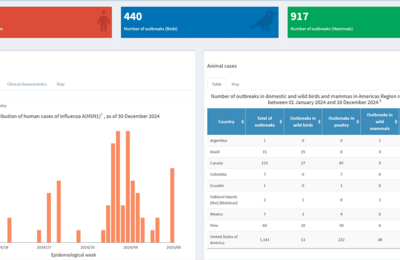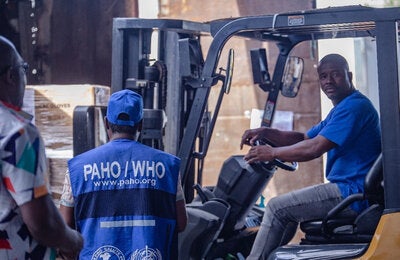
Montevideo, 27 October 2023. Maria Fernanda Escobar has led the Hospital Padrino model of the Valle del Lili Foundation in Colombia, a social innovation strategy in health that promotes networking and is committed to strengthening the capacities of low and medium complexity hospitals to provide higher quality health services. This, coupled with her constant efforts to open spaces for women in a world where, historically, male voices predominate, has led the International Federation of Gynaecology and Obstetrics (FIGO) to recognise her in the framework of the FIGO 2023 Women's Awards.
"For me, this recognition represents the visibility and consolidation of the work we have been doing to advocate for girls, women and families for more than 20 years. And I say 'we have' because it has been possible thanks to the support of my family, friends and colleagues, as well as the institutions that have believed in me," said Escobar.
The specialist is convinced that obstetric critical care is indispensable for the reduction of maternal mortality and has dedicated much effort to training herself and others in this discipline. On how these actions have had an impact, she said: "We have been able to return thousands of women to their homes, women who otherwise would have died. I believe that by effectively reducing maternal mortality, we have made this a better world". She added: "As a woman who fights for empowerment, I hope I have made an impact on the lives of my fellow women, students and patients to make a stronger movement".
However, Escobar acknowledged that there are still challenges related to women's health. She spoke of the need for sustainability of strategies that have proven to be effective and stressed the importance of strong academic leadership and financial resources. "We know that we need to train medical teams, increase access to contraception, humanise care, generate clinical safety, have adequate data and systems for analysis, among other things, but, above all, we must learn to integrate all the contributions, articulate, sustain and finance what works".
Finally, she reflected on the value of this type of recognition for women. "FIGO is the most important organisation in the defence of women's rights in health and, paradoxically, it has been an institution politically led by men. I believe that scientific societies have a duty to fight for equity. Recognising the contribution that women make is a step towards that goal".
The FIGO Women's Awards are intended to recognise women obstetricians and gynaecologists who have made a special contribution at national or international level to promote the development of science and scientific research in the fields of gynaecology and obstetrics. This year 15 awards were presented.



